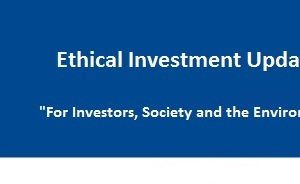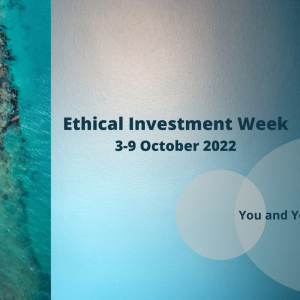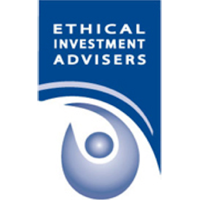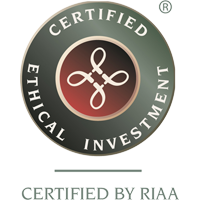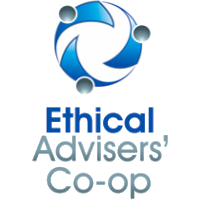Recent polling by the Responsible Investment Association of Australasia revealed that 9 in 10 (92%) Australians expect their super funds and other investments to be invested responsibly and ethically. These and other findings from the study, which will be covered in more detail throughout, suggest that the expectations of investors are changing quickly. On the horizon is a wave of investors who are savvy, principled and more willing than ever to make financial decisions based on values.
Funds and managers must be ready to evolve with these trends and deliver the service that their clients demand. Being ready for the future will depend on understanding what’s driving these changes, how investing may be affected, and how to more effectively accommodate ethically-driven investors.
What’s driving these changes in investor behaviour?
The demand for responsible investment seems to be following a greater sense of urgency about social, environmental and governmental issues. This urgency is reflected in the fact that 4 in 5 Australians claim that they would consider switching their super or other investments to another provider if they felt their values were violated.
‘Which values?’ is a question that seems to have many answers. Issues of all types are defining the investing behavior of Australians. 82% of Australians report that they always consider social issues before investing. That group further identified their top issues as renewable energy (48%), healthcare/medical products (45%), and sustainable practices (44%).
Shockingly, respondents also reported that responsibility was an even bigger priority for them than profitability. 7 in 10 (69%) claimed that they would rather invest in a responsible super fund, that considers ESG and maximizes financial returns, rather than a super fund that exclusively considers maximizing financial returns (31%).
Though certain portfolios were identified as more attractive, Australians also felt strongly about behavior they would not tolerate from their funds. 69% of respondents claimed to be uninterested in funds involved with animal cruelty. 62% felt the same about human rights violations. More than half of respondents avoided funds that involved pornography.
These changes may be partly driven by the moods of millennials. Millennials were identified as the most likely to change super providers over activity that violated their values, with 88% saying they would switch. However, Generation X and the Boomers were not much less committed to ethical behaviour, with 77%, and 68% reporting they would switch, respectively.
What does this mean for funds, managers and advisors?
These trends suggest that all investing professionals should be making changes to better account for the responsibility of standard investments and super funds. The demands for responsibility extend to professionals and services at all levels of investing, including financial advisors. Financial advisors are considered particularly accountable. 63% of Australians already expect their advisers to incorporate their values, though the tools to easily find and show the impact of ethical investments are not currently well developed.
Poor reporting requirements and limited available data make it difficult for advisors to certify that funds don’t include any questionable investments. That may be why Australians are showing a strong preference for certification. 86% of Australians agree that they would be more likely to invest in an opportunity if it had been certified by an independent third party that emphasised responsibility.
Millennials felt most strongly about the need for independent certification. 93% of them claimed it would make them more likely to invest, and certification was also a priority for 85% of Gen Xers and 83% of Baby Boomers.
How should managers and advisors respond to these trends?
The facts suggest that managers and advisors need to further develop their tools and relationships in order to meet the demands of their investors. Investors will increasingly demand more responsible practices, and they prefer certification from a source they can trust.
Managers will need to make hard decisions about any participation in industries that are considered socially or environmentally harmful. However, that shouldn’t mean making less profitable choices. The preference that investors show for emerging industries and socially-responsible investments may point the way to the most successful super funds of the future. Managers can take advantage of this if they’re willing to lay the groundwork by researching and curating ethical investments for clients.
Don’t expect this demand to diminish or go away
The now nearly-universal demands for responsible investing came on quite quickly, but that doesn’t mean it’s a fad that will fade away. The vanishing of national treasures like The Great Barrier Reef is a constant reminder that responsible and sustainable industry has wide-ranging consequences for everyone.


